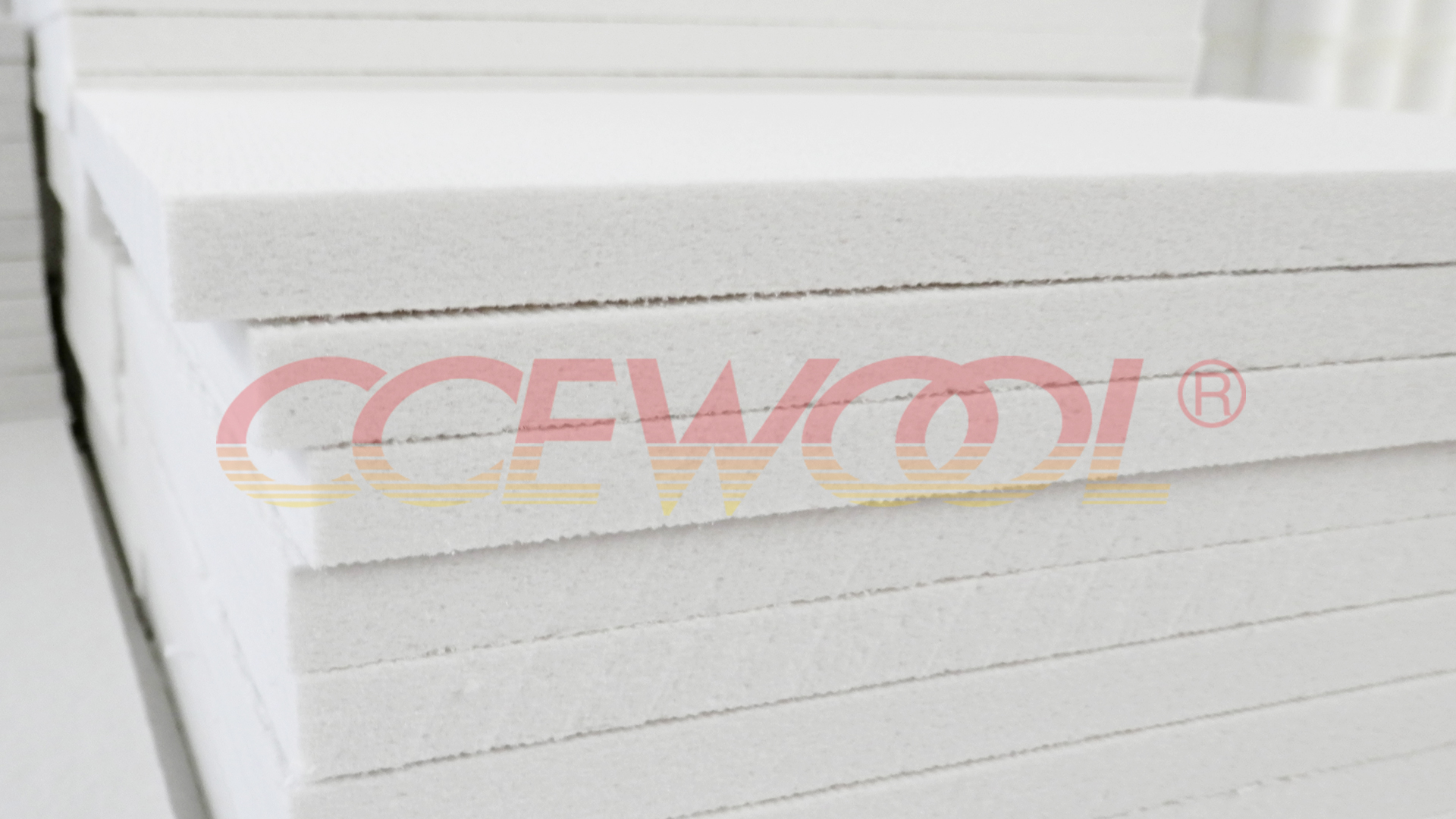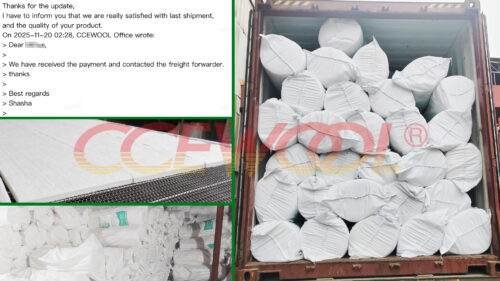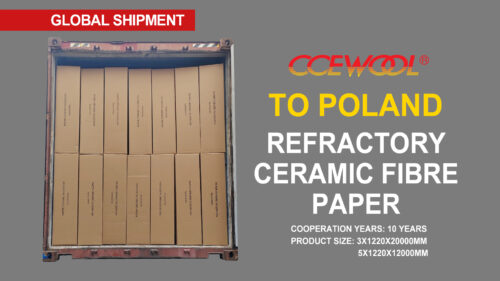Why high-end ovens are turning to inorganic refractory fiber board?
- 03 Sep, 2025
- Industry

One of the most common complaints from household oven users is the smoke and odor generated during heating. This issue is often caused by traditional insulation materials that contain organic binders. Under high temperatures, these binders decompose or carbonize, releasing irritating gases and smoke. Not only does this affect food quality and hygiene, but it also compromises the user’s experience and health. With stricter requirements for food safety and environmental performance, eliminating smoke during oven operation has become a critical challenge for appliance manufacturers.
Product Advantage: Inorganic Formula, No Smoke or Odor
CCEWOOL® Inorganic refractory fiber board is specifically designed for clean high-temperature environments. Made with an all-inorganic formula, it contains no organic binders. As a result, it does not decompose or carbonize under high heat, completely eliminating the release of smoke or odor. This resolves the common issue of smoke generation in ovens. Additionally, it maintains high strength, low shrinkage, and excellent insulation at elevated temperatures, ensuring the lining remains intact and reliable over long-term use.
Manufacturing Excellence: Low-Temperature Curing + High-Temperature Sintering
The performance of CCEWOOL® Inorganic refractory fiber board comes from its advanced production process:
Low-temperature curing ensures uniform board formation and prevents residual organics.
High-temperature sintering strengthens fiber bonding and enhances resistance to thermal shock and structural stability.
Strict quality control ensures each board meets consistent standards of density, thermal conductivity, and mechanical strength.
These steps guarantee that the board performs reliably in ovens, even under frequent heating and cooling cycles.
Application Benefits: Clean, Safe, and Energy-Efficient
In household ovens, the CCEWOOL® Inorganic refractory fiber board offers multiple benefits:
Smoke-free and odorless operation, ensuring food is not contaminated during baking.
Improved thermal efficiency with low thermal conductivity, helping ovens heat faster and maintain stable temperatures while saving energy.
Extended service life due to its structural stability, reducing failures and maintenance caused by material degradation.
Together, these advantages improve the user's baking experience and help manufacturers deliver safer, cleaner, and more energy-efficient ovens.
Brand Commitment: Leading Inorganic Insulation Materials
As a global leader in high-temperature insulation materials, CCEWOOL® continues to focus on innovation and process excellence. By promoting the use of Inorganic refractory fiber board in household appliances, we provide the industry with safer and more environmentally friendly insulation solutions. CCEWOOL® remains committed to supporting manufacturers in delivering ovens that meet modern consumer demands for smoke-free, energy-saving, and safe baking.



